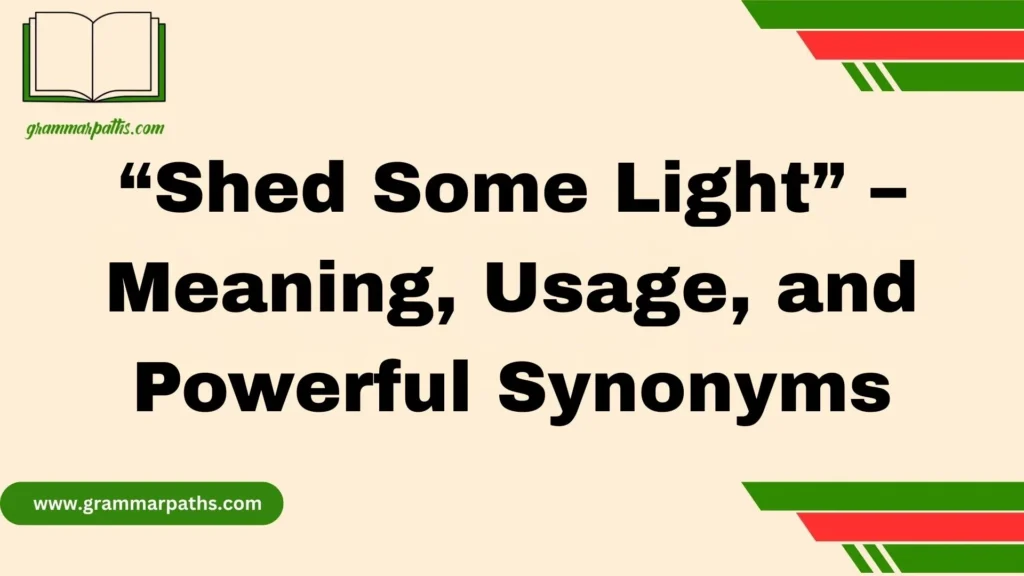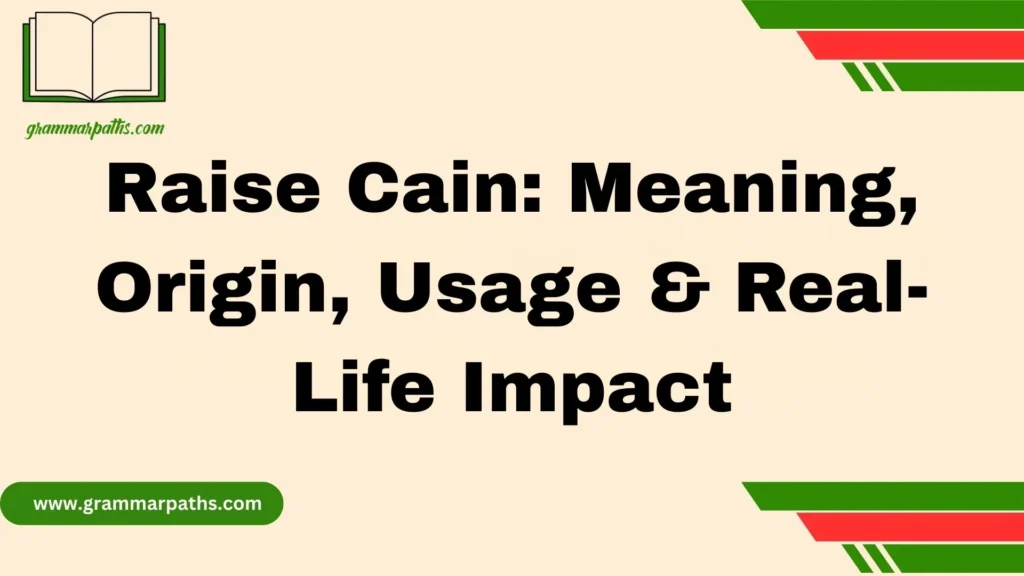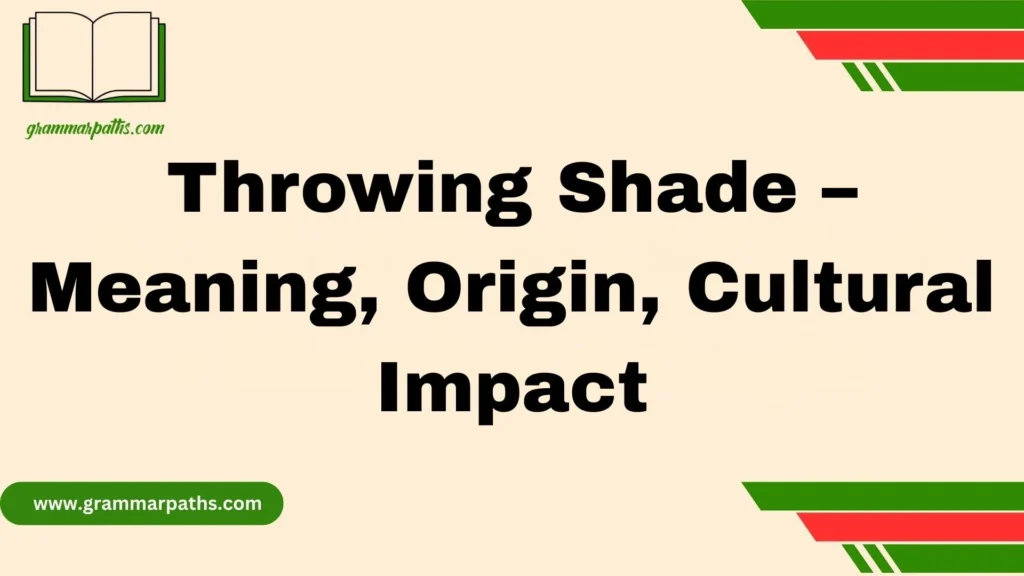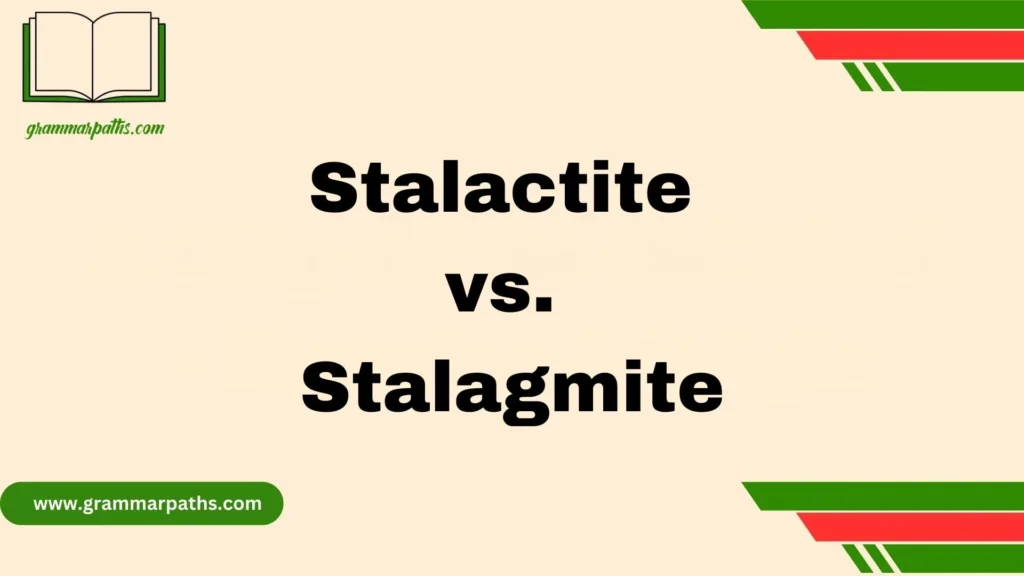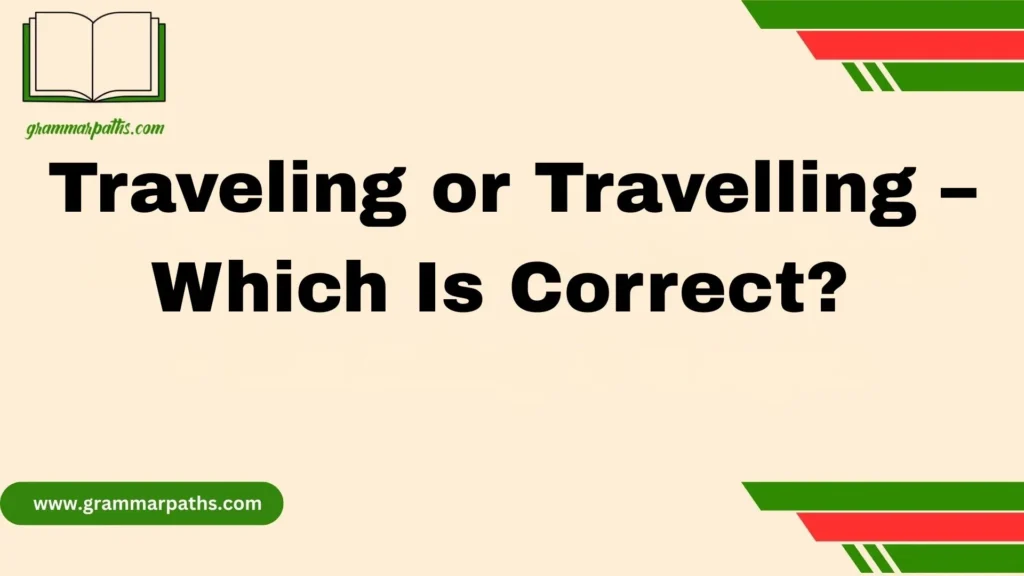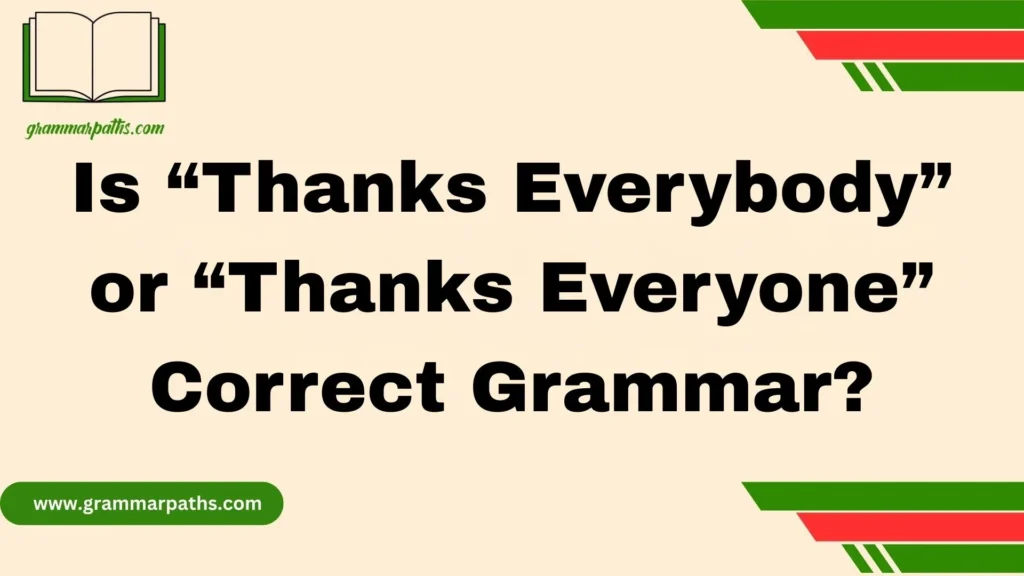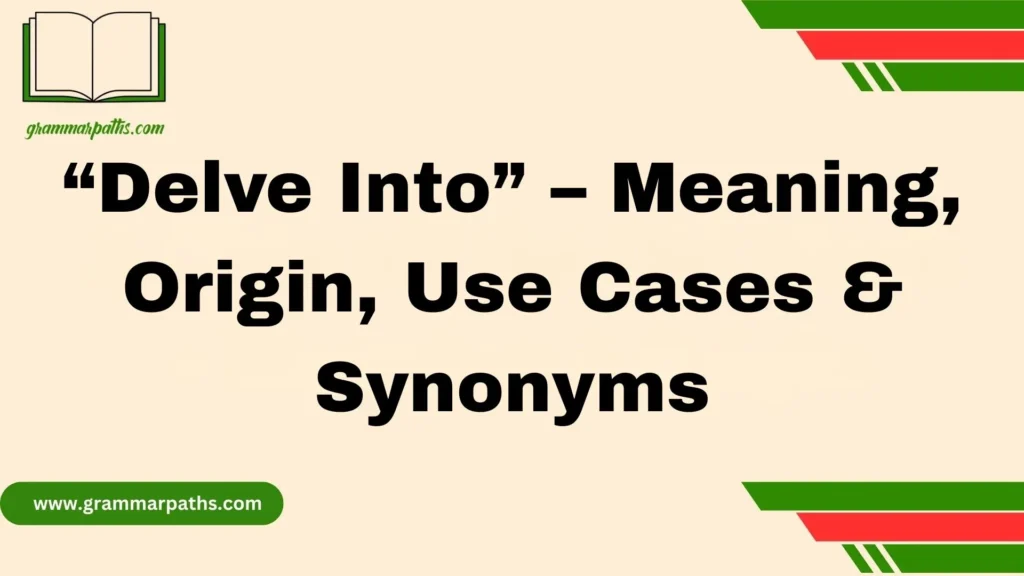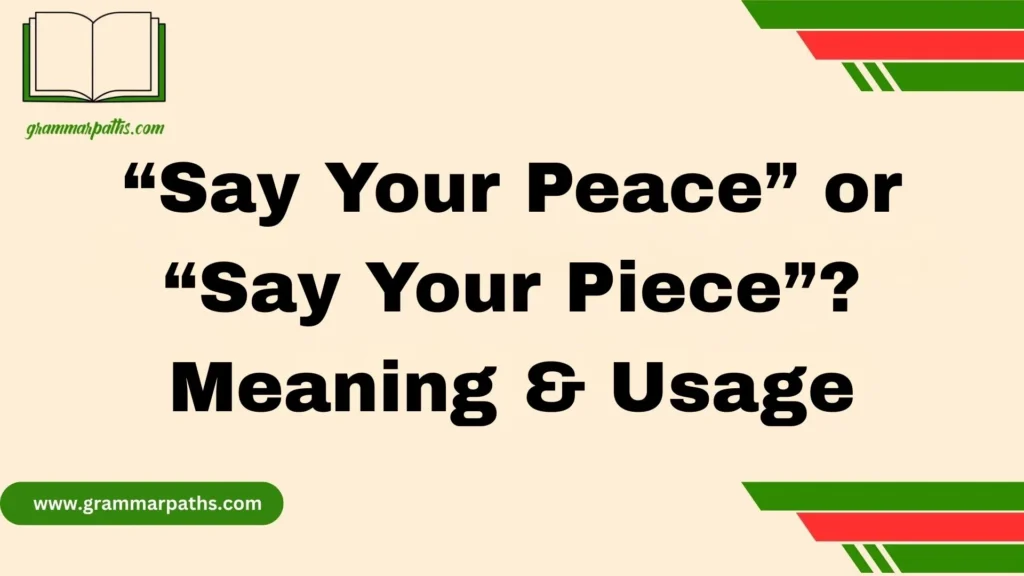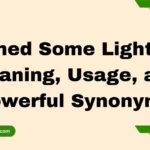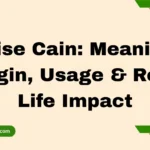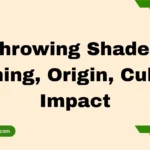Runt of the Litter – Definition, Meaning, and Examples

Often labeled early due to their smaller size, the runt of the litter is sometimes unfairly viewed through a lens ...
Read more
“Three Sheets to the Wind: Meaning & Nautical Origins”

I’ve heard the phrase “three sheets to the wind” more times than I can remember, and it clearly means someone ...
Read more
Better Than or Better Than – Which Is Correct?

In English, it’s easy to get tripped up by words that sound alike but mean entirely different things. One frequent ...
Read more
Per Say or per SE? Which Is Correct?

Have you ever come across the phrase “per say” and wondered if it’s correct? You’re not alone. This confusion is ...
Read more
‘Is Used’ vs. ‘Has Been Used’ vs. ‘Was Used’: Mastering English Verb Tense Clarity
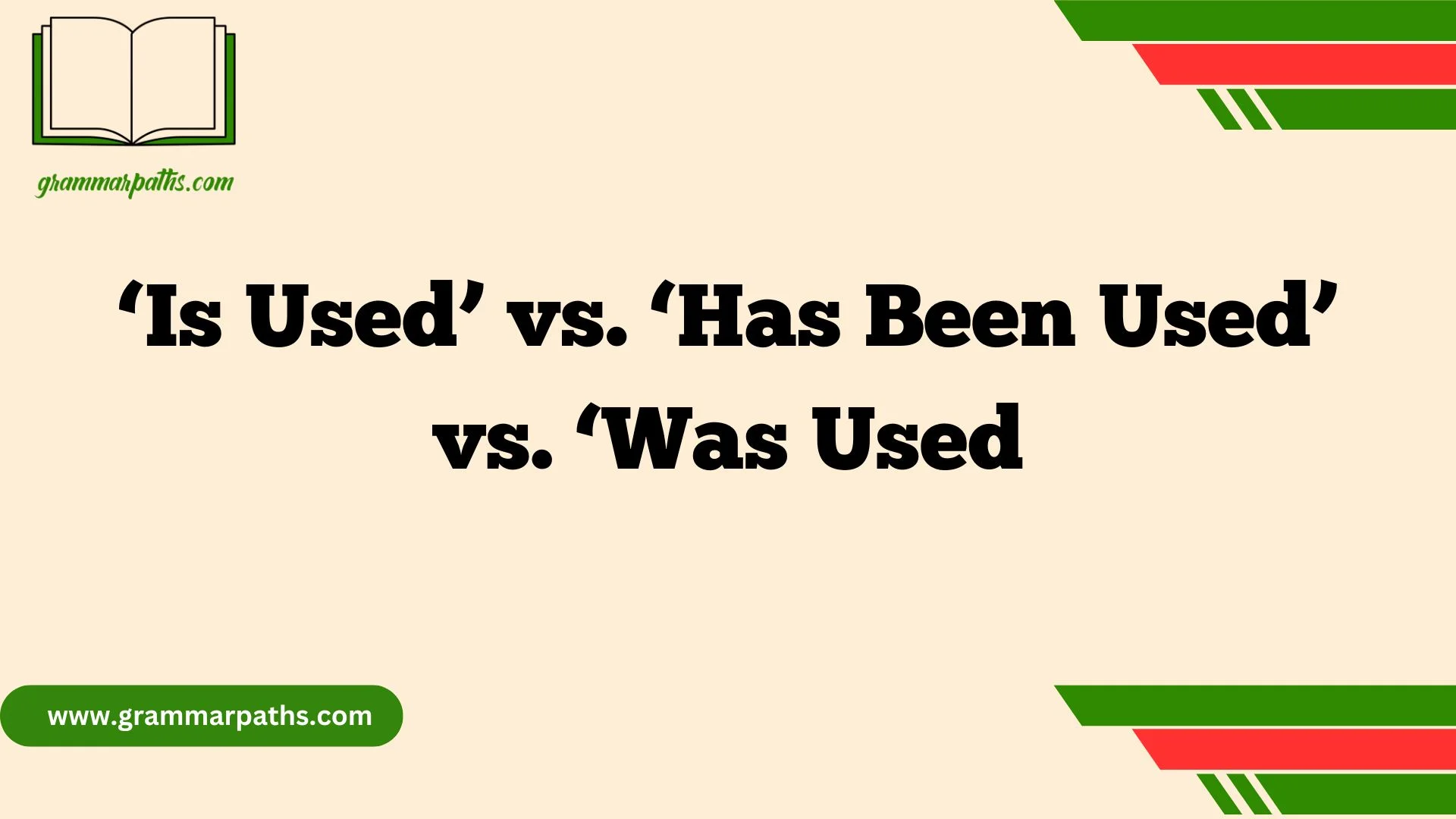
Understanding the subtle differences between “is used,” “has been used,” and “was used” can be tricky—even for native English speakers. ...
Read more
Unalienable or Inalienable – What’s the Real Difference?
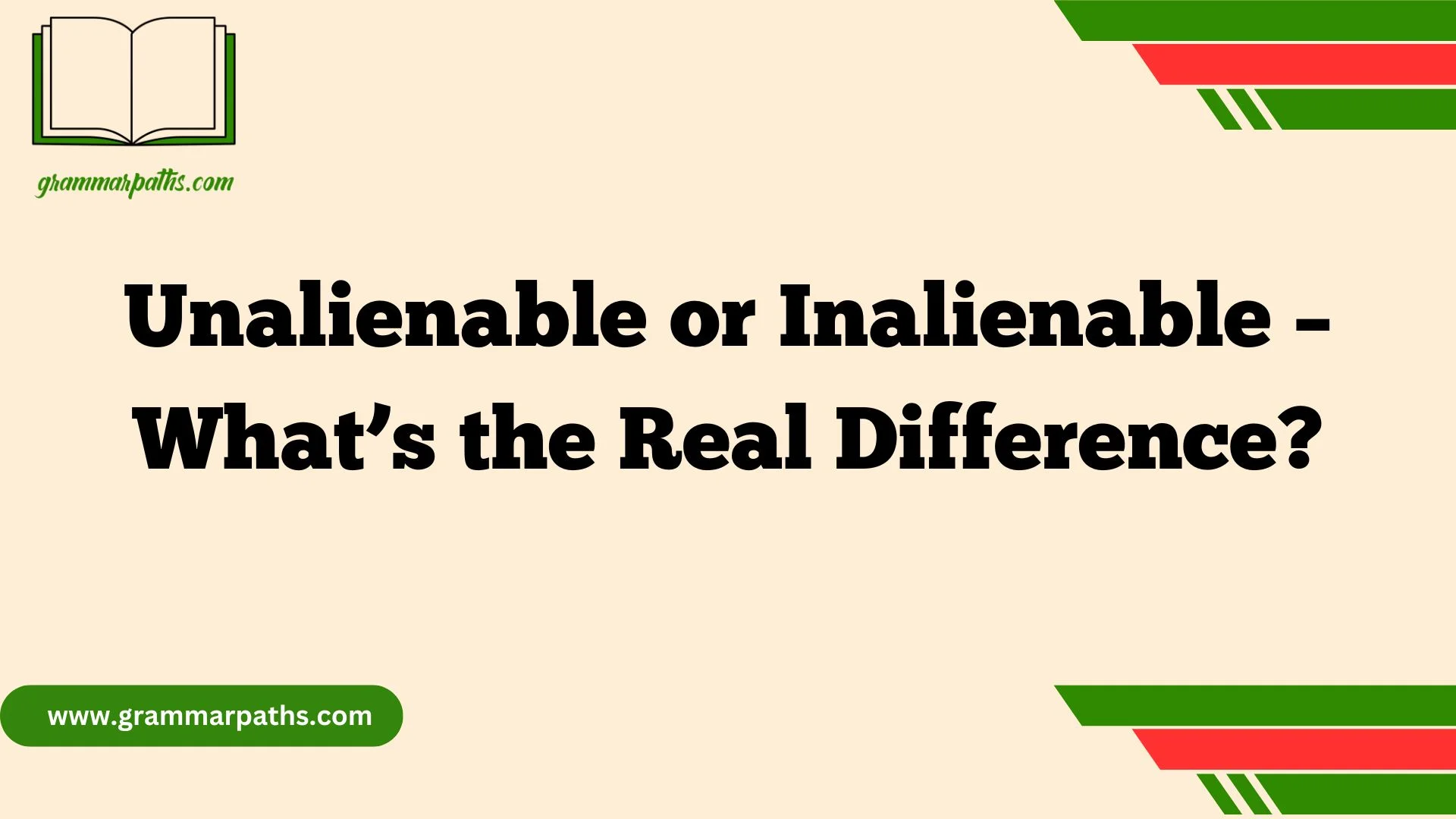
When reading historical texts or legal documents, you’ve likely come across the terms “unalienable rights” or “inalienable rights.” At first ...
Read more
Takes One to Know One: Meaning, Origin
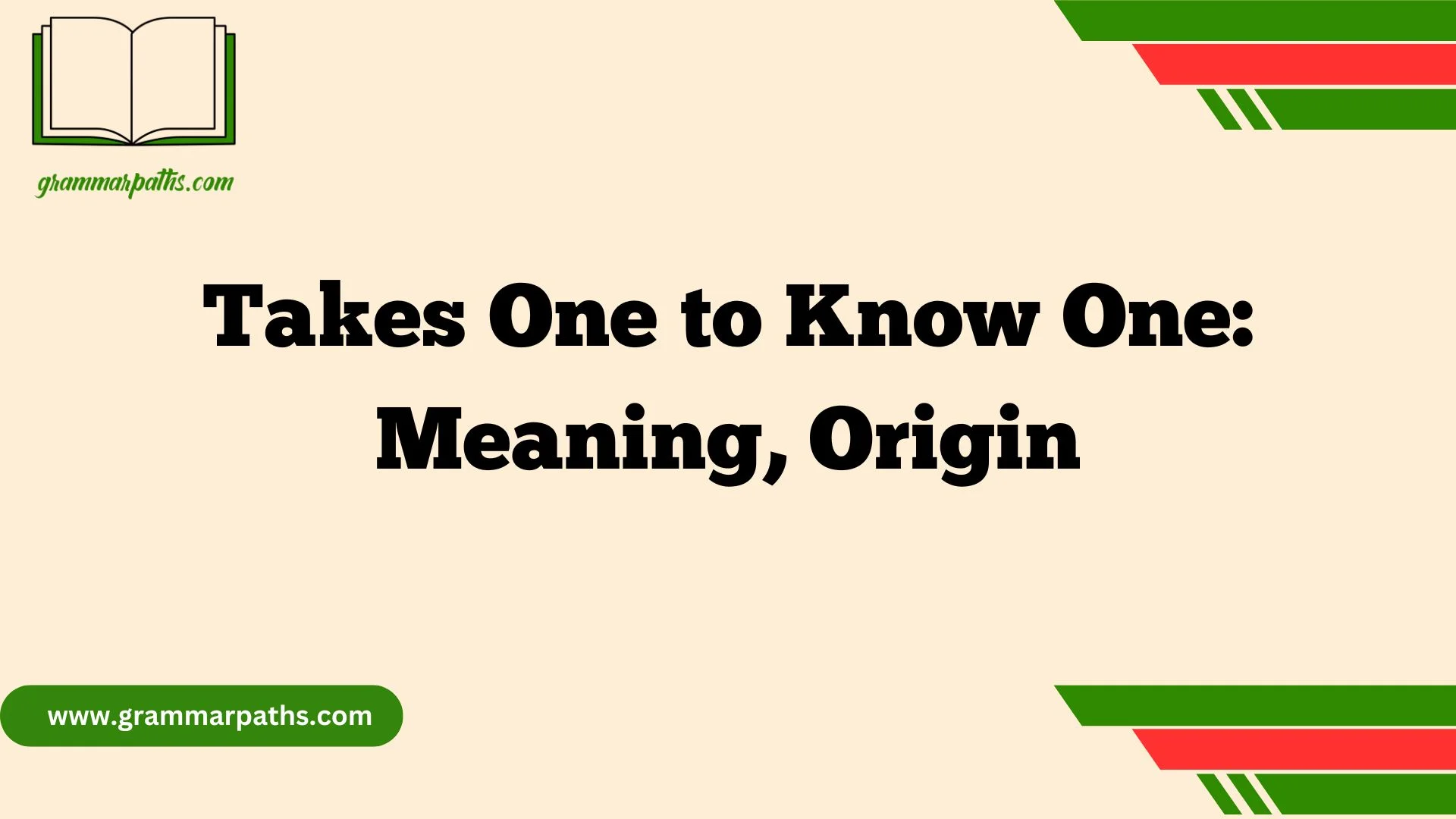
Takes one to know one is a commonly used phrase in everyday conversations, especially during friendly banter or when deflecting ...
Read more
Beloved or Loved – What’s the Actual Difference?
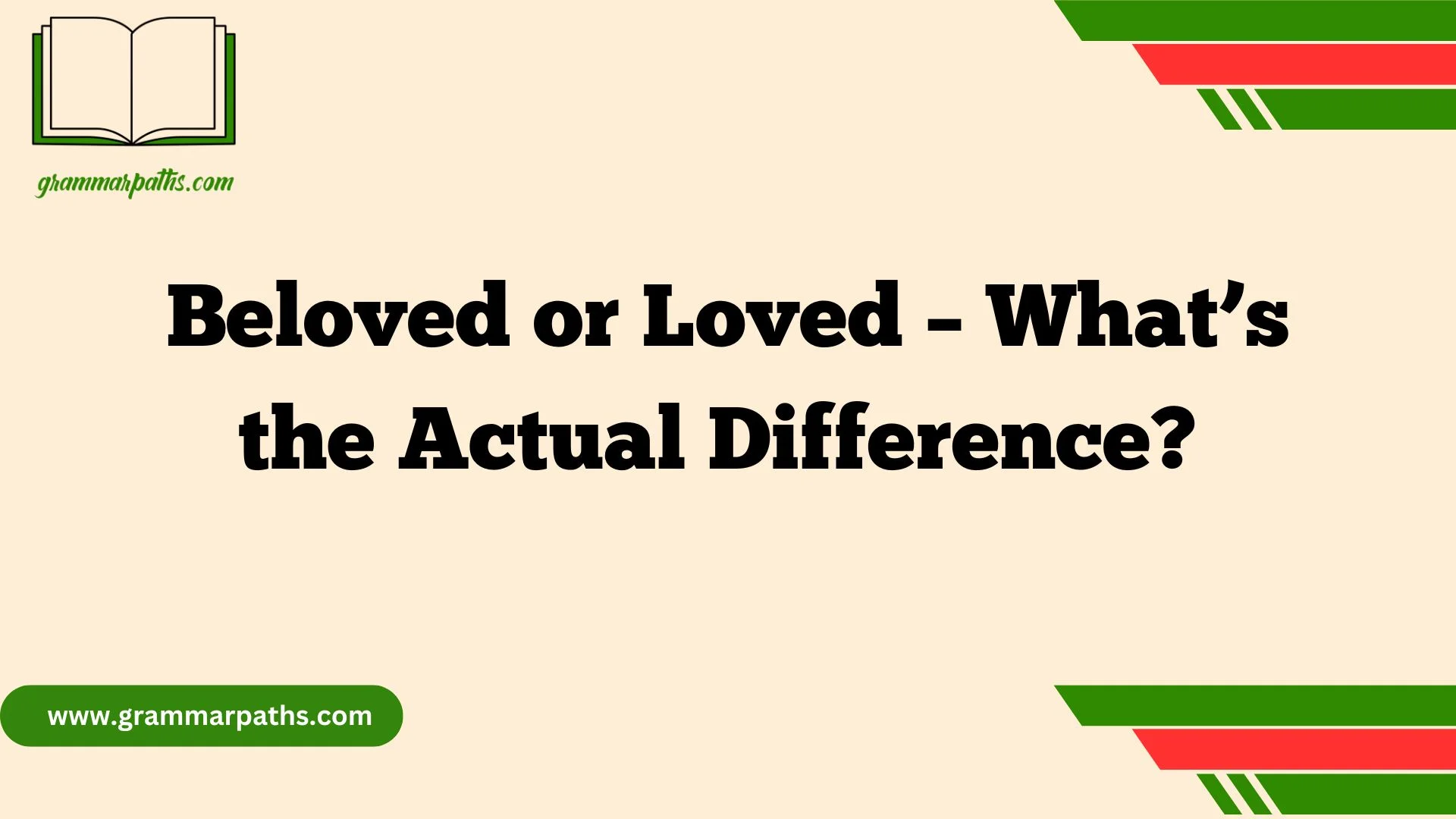
Understanding the subtle difference between “beloved” or “loved” can help you express emotion with greater precision and depth. While both ...
Read more
Do Not or Don’t: What Is the Difference?
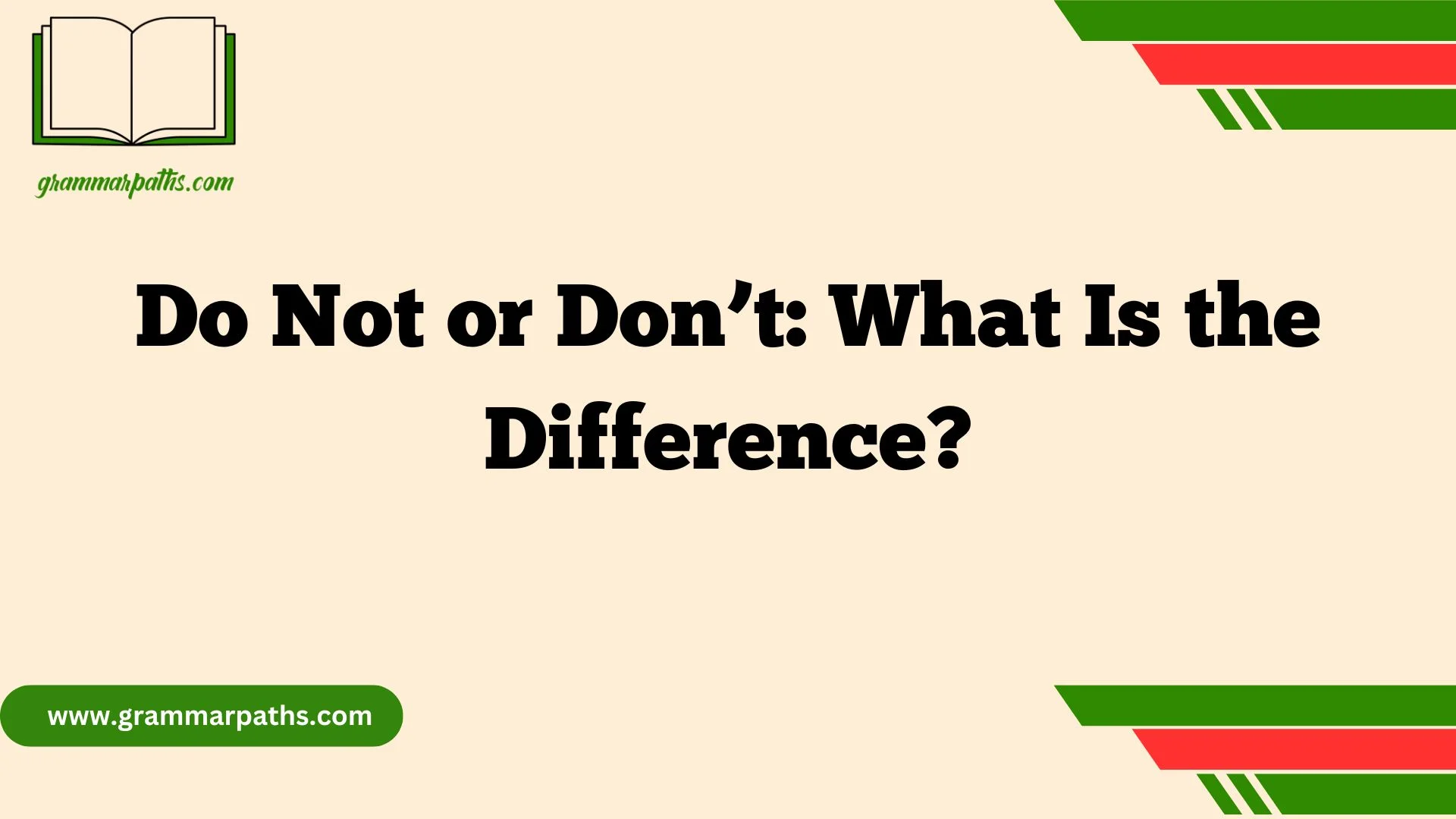
When it comes to writing or speaking in English, choosing between “do not” or “don’t” can be a subtle but ...
Read more
Savor vs. Saver: Spelling, Meaning & Usage Explained Clearly
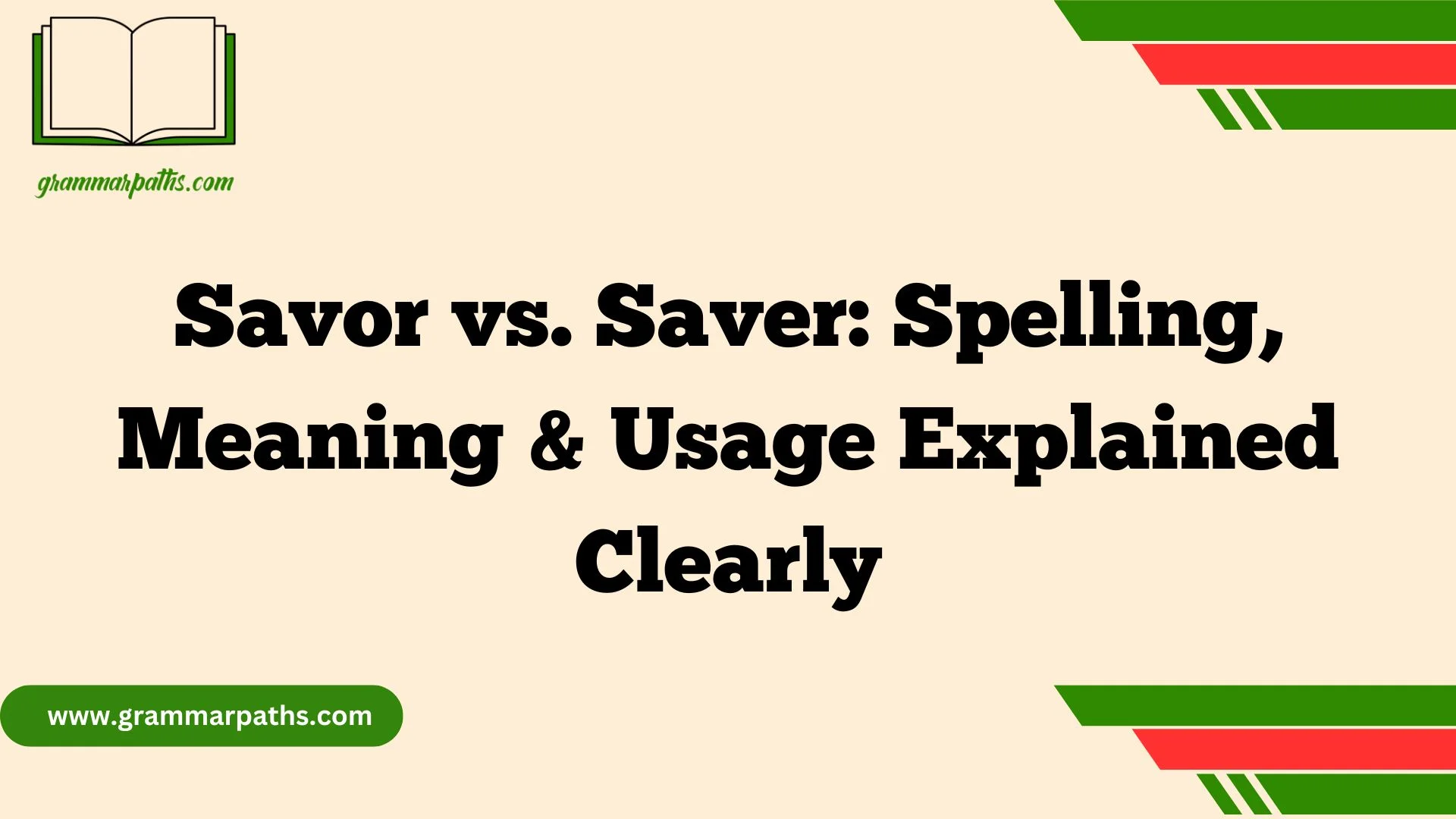
Savor vs. Saver — these two words may sound identical when spoken, but they have completely different meanings, spellings, and ...
Read more
